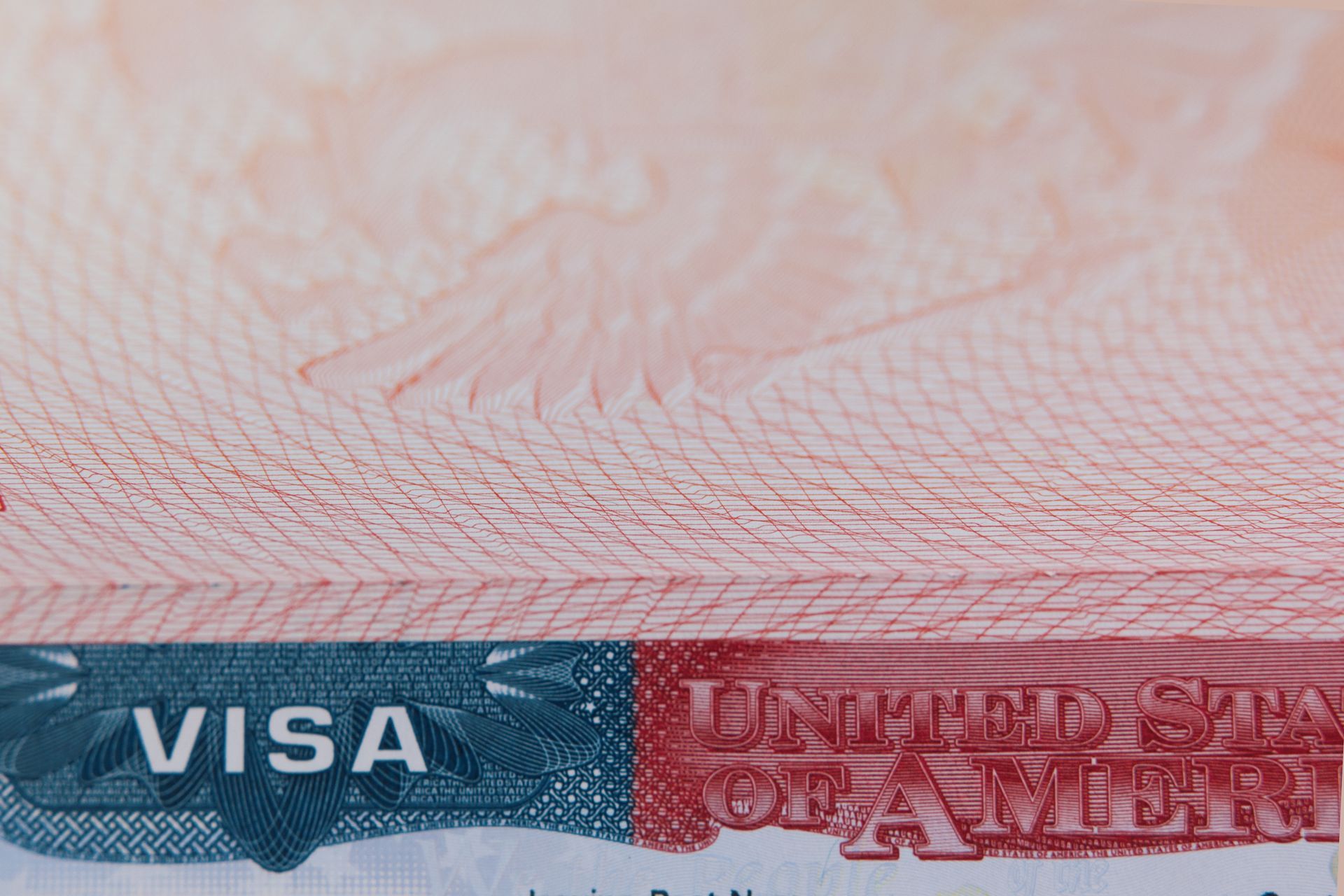Which Employment-Based Green Card Is Right for You? EB-1A vs. EB-2 vs. EB-3 Explained
Which Employment-Based Green Card Is Right for You? EB-1A vs. EB-2 vs. EB-3 Explained
If you're looking to live and work permanently in the United States, an employment-based green card could be your path forward. The U.S. immigration system offers several green card categories, each designed to match different qualifications, professional backgrounds, and long-term goals. In this post, we’ll explain the differences between the EB-1A, EB-2, and EB-3 green card options to help you decide which one aligns with your situation.
What Is an Employment-Based Green Card?
An employment-based (EB) green card allows foreign nationals to gain lawful permanent residence in the United States based on their qualifications and employment. These green cards are divided into preference categories, with EB-1, EB-2, and EB-3 being the most common. Each category has different eligibility standards. Some require employer sponsorship, others allow self-petitioning. Understanding how each works is essential to choosing the right path forward.
EB-1A: Green Card for Individuals of Extraordinary Ability
The EB-1A category is designed for individuals who have demonstrated significant achievement in their field. This could include the arts, sciences, education, business, or athletics. The hallmark of the EB-1A is that no job offer is required. Applicants can self-petition.
To qualify, you must show national or international acclaim, supported by evidence such as prestigious awards, publications, media features, or notable contributions to your industry. You must also show that you plan to continue working in your field upon arriving in the U.S. This option is best suited for individuals who have achieved substantial recognition and impact in their profession and prefer a direct, independent path to a green card.
EB-2: Green Card for Advanced Degree Holders or National Interest Waiver Applicants
The EB-2 category includes two main paths. The first is for professionals with an advanced degree (or a bachelor’s degree plus five years of progressive experience) who have a permanent job offer from a U.S. employer and go through the labor certification (PERM) process.
The second option is the National Interest Waiver (NIW). This path allows applicants to bypass both the job offer and labor certification if they can prove that their work benefits the national interest of the United States. Applicants must demonstrate that their efforts have substantial merit and national importance. The EB-2 NIW is ideal for professionals whose work supports U.S. priorities in areas such as healthcare, public safety, innovation, economic development, or education.
EB-3: Green Card for Skilled, Professional, and Other Workers
The EB-3 green card is often used by skilled and unskilled workers who do not meet the qualifications for the EB-1A or EB-2 categories. It includes three subgroups:
- Skilled workers with at least two years of job experience or training
- Professionals with at least a U.S. bachelor’s degree or foreign equivalent
- Other workers, which includes roles that require less than two years of training or experience
EB-3 applicants must have a full-time, permanent job offer from a U.S. employer, and the employer must complete the PERM labor certification process to prove that no qualified U.S. workers are available for the role. This category is often chosen by employers looking to fill essential roles in healthcare, construction, manufacturing, or service industries.
Choosing the Right Green Card Path
Selecting the right employment-based green card depends on your level of achievement, your education, whether you have a job offer, and your long-term immigration goals.
The EB-1A is the fastest and most flexible but has the highest documentation standard. The EB-2 is a strong option for degree-holders and professionals making contributions to the public good—particularly if applying under the NIW path. The EB-3 is best suited for those with job offers in roles that are vital to the U.S. workforce but require less advanced qualifications.
Understanding the differences among these categories can help you choose a more efficient and realistic route toward U.S. permanent residency.
Consult an Employment-Based Immigration Attorney in Orlando
At Garcia Immigration Law, LLC in Orlando, Florida, we help foreign professionals, entrepreneurs, and employers determine which immigration option is best suited for their goals. Whether you’re self-petitioning under EB-1A or EB-2 NIW, or pursuing a traditional employer-sponsored green card under EB-2 or EB-3, we’ll guide you from evaluation to filing.
Let us help you navigate this important step in your immigration journey.









